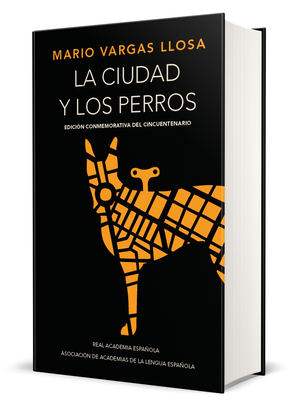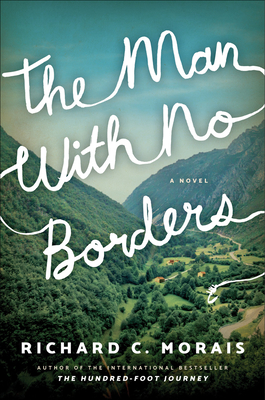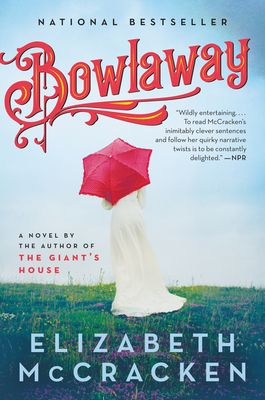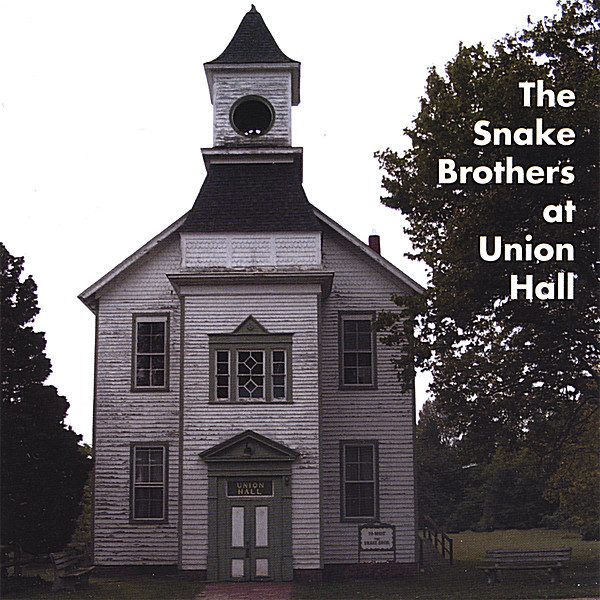
Llosa, Mario Vargas
Preparada por la Real Academia Española y por la Asociación de Academias de la Lengua Española.
En 1962, La ciudad y los perros recibía el Premio Biblioteca Breve y unos meses más tarde era publicada tras sortear la censura franquista. Así comenzaba la andadura literaria de esta obra considerada una de las mejores novelas en español del siglo xx. La Real Academia Española y la Asociación de Academias de la Lengua Española rinden homenaje al académico y premio nobel Mario Vargas Llosa con una nueva edición del libro que marcó el inicio de su trayectoria literaria.
La ciudad y los perros, traducida a más de treinta lenguas, está ambientada en el Colegio Militar Leoncio Prado. Los protagonistas de la novela, un grupo de jóvenes que se «educan en una disciplina militar implacable y violenta, aprenden a sobrevivir en un ambiente en el que están muy arraigados los prejuicios raciales y las diferencias entre clases sociales y económicas; donde todos se muestran como no son en realidad y la transgresión de las normas establecidas parece ser la única salida.
La edición se completa con los estudios críticos de Marco Martos, José Miguel Oviedo, Víctor García de la Concha, Darío Villanueva, Javier Cercas, Carlos Garayar, John King y Efraín Kristal.
ENGLISH DESCRIPTION
Definitive revised edition by the author of one of the 20th century's best novels in Spanish.
Prepared by the Royal Spanish Academy (Real Academia Española) and the Association of Academies of the Spanish Language.
In 1962, The Time of the Hero (La ciudad y los perros) received the Biblioteca Breve Prize and a few months later, was published after avoiding Franco's censors. Thus began the literary journey of this work, considered one of the best novels in Spanish of the 20th century. The Royal Spanish Academy and the Association of Academies of the Spanish Language pay homage to the academic and Nobel Prize-winner Mario Vargas Llosa with a new edition of the book that marked the beginning of his literary trajectory.
The Time of the Hero, translated to more than thirty languages, is set in the Leoncio Prado Military School. The protagonists of the novel, a group of young people who are "educated" in a ruthless, violent military discipline, learn to survive in an atmosphere in which racial, social, and economic prejudice is deeply rooted; where everyone shows a false façade, and the transgression of established norms seems to be the only out. The edition is completed with the critical studies of Marco Martos, José Miguel Oviedo, Víctor García de la Concha, Darío Villanueva, Javier Cercas, Carlos Garayar, John King, and Efraín Kristal.







